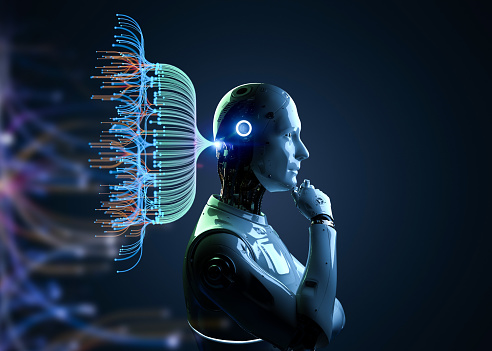The emergence of AI technology has undoubtedly had an impact on various industries, including the training industry. While AI has the potential to disrupt certain aspects of traditional training, it is important to view it as a tool that can enhance and complement human efforts rather than a direct threat.
AI can be utilized in training to streamline processes, automate routine tasks, and provide personalized learning experiences. For example, AI-powered virtual assistants or chatbots can assist learners by answering common questions, providing real-time feedback, and offering personalized recommendations for further learning. This can free up trainers’ time to focus on more complex and interactive aspects of training.
Moreover, AI can analyze large volumes of data to identify patterns, trends, and gaps in knowledge, enabling trainers to design more targeted and effective training programs. Adaptive learning platforms that utilize AI algorithms can tailor content to individual learners’ needs, delivering personalized learning pathways and adapting the difficulty level based on their progress.
However, it is important to note that AI cannot replace the role of human trainers entirely. Effective training often involves human interaction, communication, and the application of contextual knowledge. Human trainers possess valuable expertise, experience, and the ability to provide emotional support and guidance, which are crucial elements of the learning process.
Additionally, certain training domains require hands-on practical experience, such as healthcare, skilled trades, and physical activities, where human trainers play an indispensable role. AI can complement these domains by providing simulations, virtual reality environments, or remote assistance, but the human element remains essential.
Furthermore, ethical considerations, trust, and accountability are important factors in training that require human involvement. AI systems need to be transparent, fair, and unbiased, and human trainers are responsible for monitoring and ensuring the ethical use of AI in training.
In summary, while AI has the potential to transform and enhance the training industry, it should be seen as a valuable tool rather than a direct threat. The role of human trainers remains crucial in providing expertise, guidance, and human interaction, particularly in domains that require practical skills and contextual understanding. By embracing AI as a supportive technology, the training industry can adapt and evolve to meet the changing needs of learners more effectively.
So, we’re not finished quite yet!
Admission – this article was written with the help of AI…..

